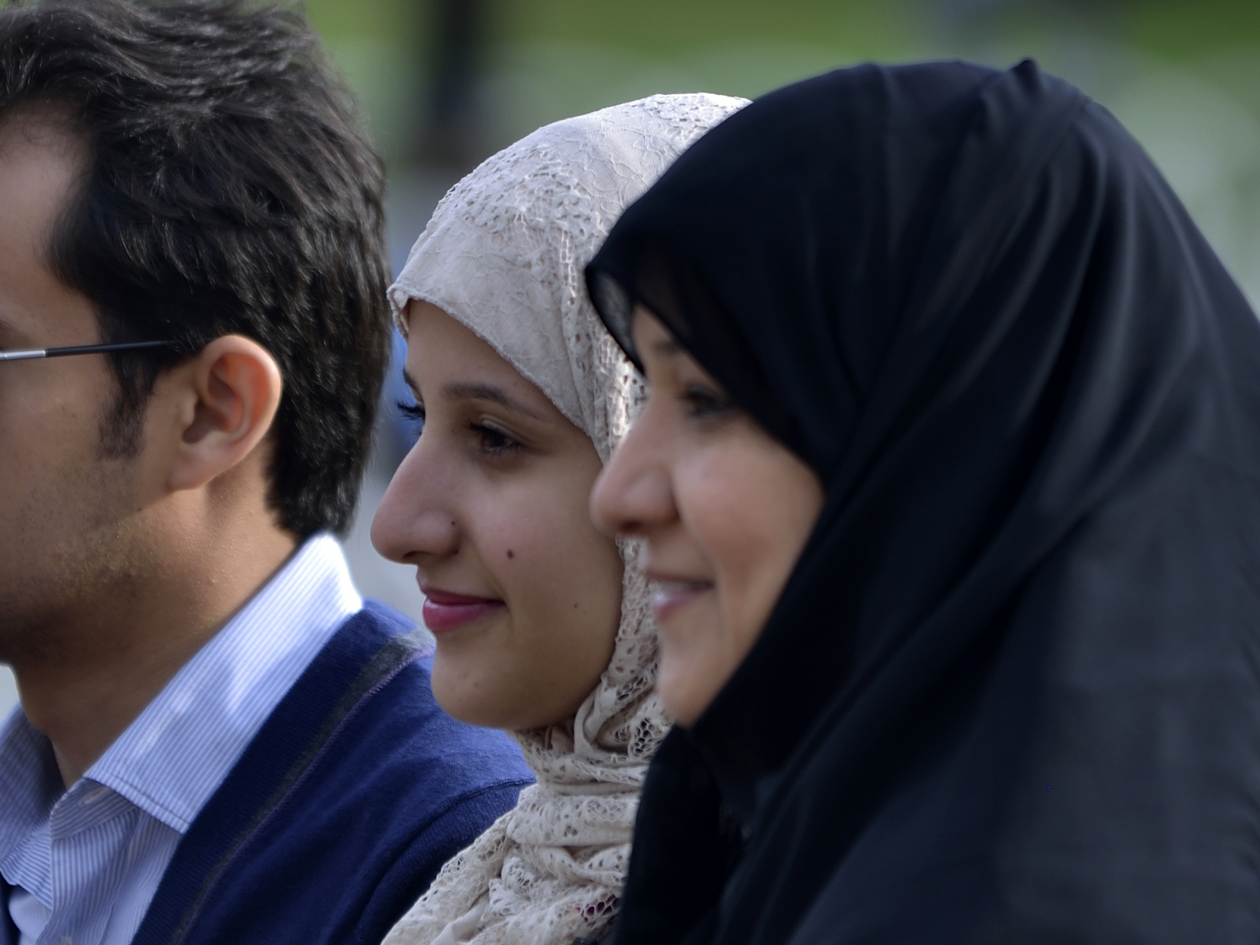The House of Commons Select Committee on Women and Equalities has published ISER’s written evidence submitted to the inquiry into employment opportunities for Muslims in the UK.
The inquiry is looking at the barriers and discrimination faced by Muslims in employment and the workplace, and what can be done to overcome them.
ISER researchers have been looking into employment issues for ethnic minorities as part of our research funded by the Equality and Human Rights Commission, the Joseph Rowntree Foundation, the Economic and Social Research Council and others.
The ISER evidence looks at employment opportunities for Pakistani and Bangladeshi men and women in the UK. The Muslim community in the UK is very heterogeneous and divided across ethnic lines and country of birth, with Muslims belonging to different ethnic minorities having different experiences in the labour market. In addition, the experience of Muslim women in the labour market is very different from the experience of Muslim men.
In looking at Pakistanis and Bangladeshis the ISER evidence focused on two communities for which most members affiliate to the Muslim religion and who, taken together, represent about half of the Muslim population in Britain (Census 2011).
The ISER evidence is a summary of recent findings on how the employment and earnings of Pakistani and Bangladeshi men and women have evolved in the recent years. The submissions includes recent evidence on the main determinants of pay gaps for our selected minority groups and also on the impact of university education.
ISER research has found that:
- Pakistani and Bangladeshi are less likely to have a job than white British people, but the difference in employment among women is smaller than the difference among men.
- Differences in employment rates between Pakistani and Bangladeshi and white British people have been decreasing over time. The recession had a negative impact on employment for all workers with the exception of Pakistani men and women and Bangladeshi women.
- Pakistani and Bangladeshi people are more likely than any other group to be paid below the living wage. They are paid on average less than the white British and differences in pay among men are much larger than differences in pay among women.
- Among men, Pakistanis and Bangladeshis who were born abroad show the largest pay disadvantage compared to white British men, while those who were born in the UK experience a much smaller pay disadvantage.
- The pay disadvantage for Pakistani and Bangladeshi women who were born abroad is smaller compared to white British women than the pay disadvantage of Pakistani and Bangladeshi men born in the UK. There is no pay disadvantage for Pakistani and Bangladeshi women born in the UK compared to white British women.
- Pakistanis and Bangladeshis concentrate in poorly paid occupations. Part of their pay disadvantage is also related to their Muslim religion. Their concentration in London partly hides their pay disadvantage.
- Pakistanis and Bangladeshis with British nationality who graduate from UK universities are less likely to find a job than white British graduates although the difference seems to decrease with time spent in the labour market.
- Among British graduates, Pakistani and Bangladeshi men are paid similarly to white British men but Pakistani and Bangladeshi women are paid less than white British women.
